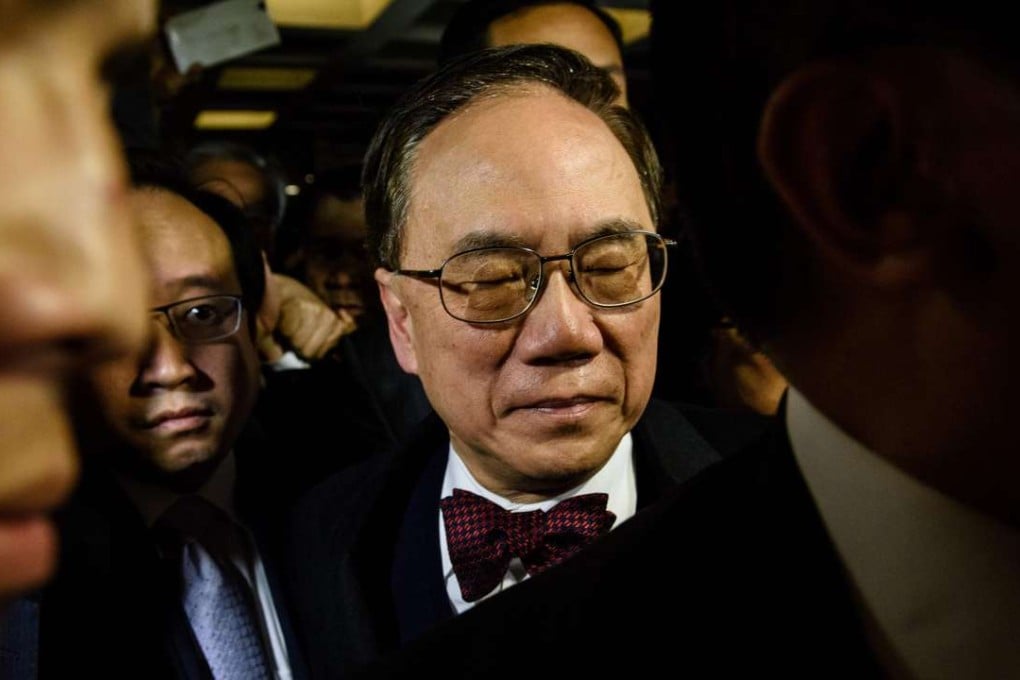Errant Donald Tsang misjudged the Hong Kong he swore to serve
John Chan says the former chief executive, now jailed for misconduct, seemed to think the system of cosy privilege that existed during the colonial days would be tolerated after the handover

Thirty-seven years ago, I was working as a civil servant in the Transport Department’s licensing division. In the summer of that year, we carried out a major licensing exercise for school buses.
The department had to rush to complete the overhaul by September that year, so that all licences could be issued before the school term started. With the help of extra staff deployed from other sections of the division, we finally got the work done.
To show their appreciation for our efforts, representatives of the school bus operators sent us 10 boxes of cakes as a gift. However, just as division staff were about to enjoy the cakes, B. Y. Chiu, then a senior executive officer in the department, unexpectedly told us we could not accept the gift as its value exceeded the amount civil servants were permitted to receive.
So instead of enjoying the cakes, we spent an afternoon busily looking for a senior citizens’ home to send the cakes to.
An unbecoming end for Donald Tsang, devoted servant of Hong Kong
Tsang was convicted and imprisoned for one count of misconduct in public office. He was found guilty of deliberately concealing his private rental negotiations with property tycoon Bill Wong Cho-bau while the Executive Council he chaired discussed and approved a digital broadcasting licence for a company in which Wong was a major shareholder.